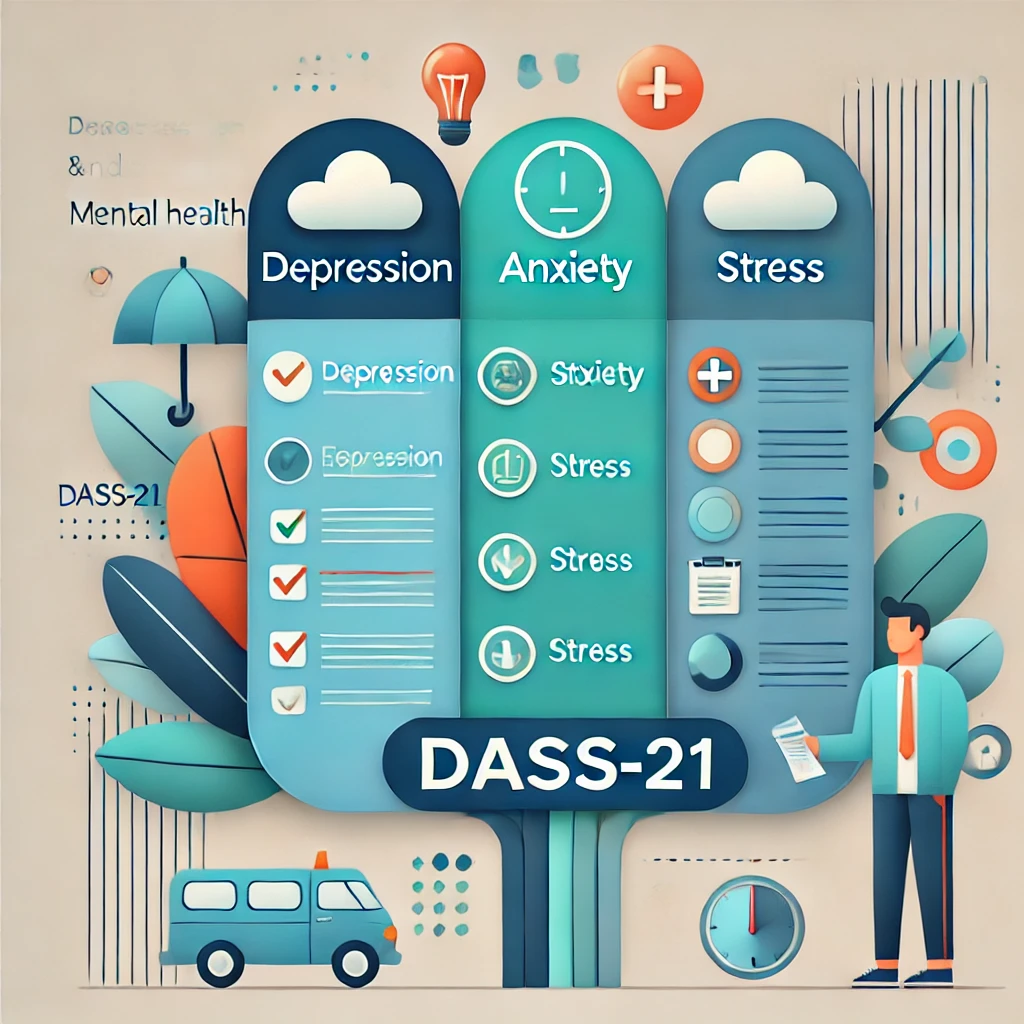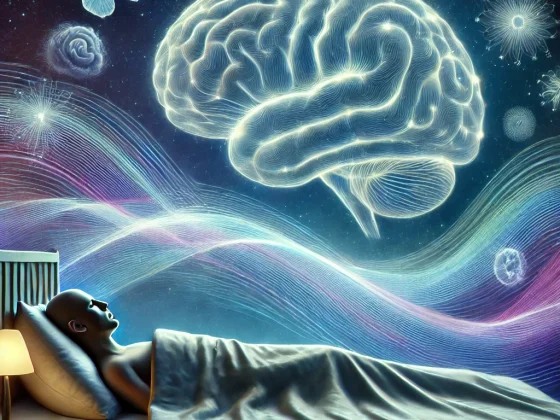The Depression Anxiety Stress Scales (DASS-21) is a widely used psychological tool designed to measure three related mental health symptoms: depression, anxiety, and stress. This 21-item self-report questionnaire is a shorter version of the original DASS-42 and is commonly used by mental health professionals and researchers to assess the severity of these symptoms in individuals over the past week.
Each of the three scales consists of seven items that capture different aspects of emotional distress. The DASS-21 helps identify symptom levels and provides insights into how individuals are coping, which can be essential for diagnosis, treatment planning, and tracking progress over time. It’s popular due to its efficiency, simplicity, and ability to differentiate between depression, anxiety, and stress, which often overlap in their presentations.
Answer the following questions with: 0 Never, 1 Sometimes, 2 Often or 3 Almost Always
This scale is intended to measure symptom severity, not to diagnose mental health disorders. Only qualified mental health professionals should interpret its results in conjunction with a full clinical assessment. Additionally, the DASS-21 relies on self-reported data, which may be influenced by an individual’s current mood, self-awareness, or willingness to answer accurately. It is not suitable for determining long-term mental health conditions, nor should it be used in isolation to make critical treatment decisions.


